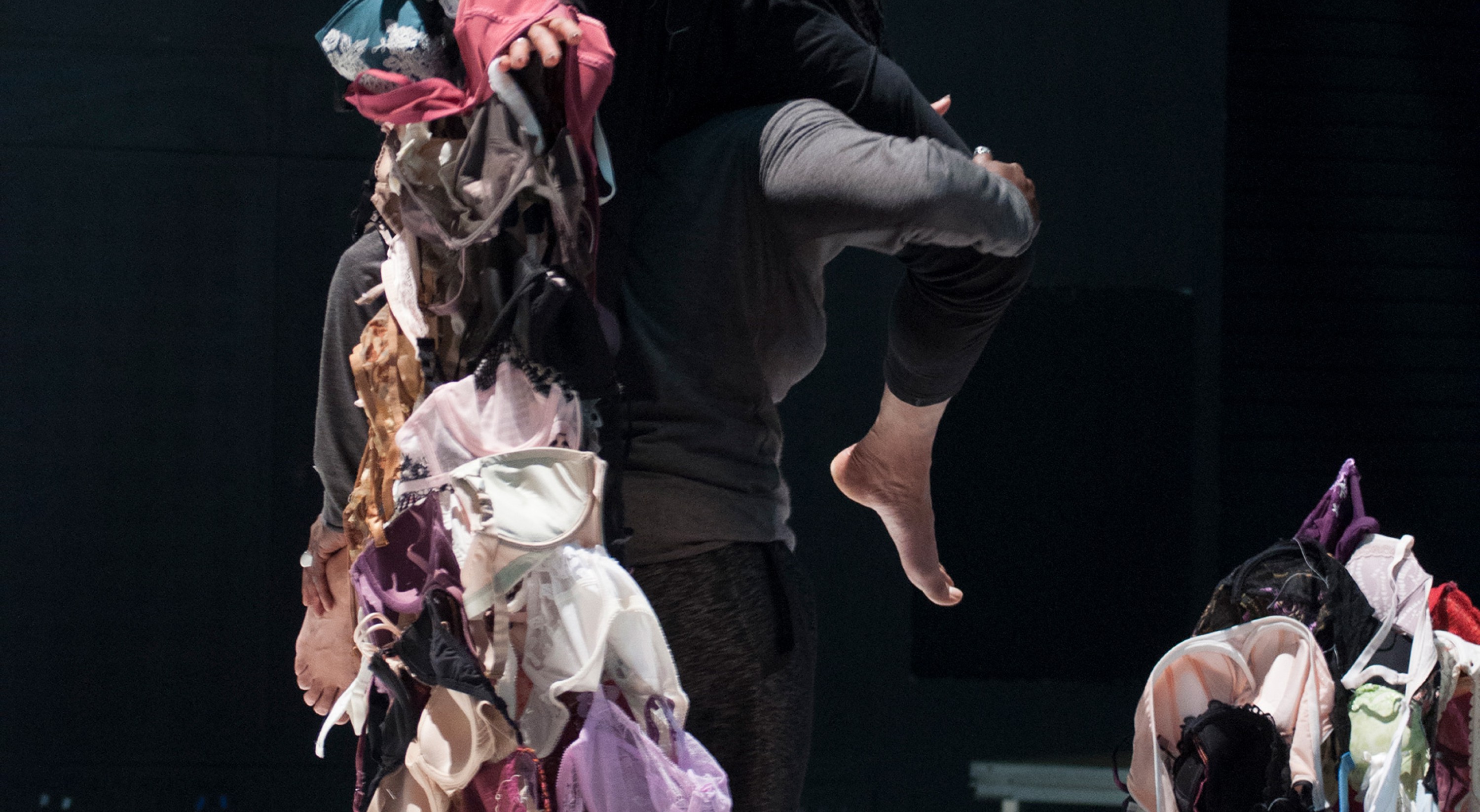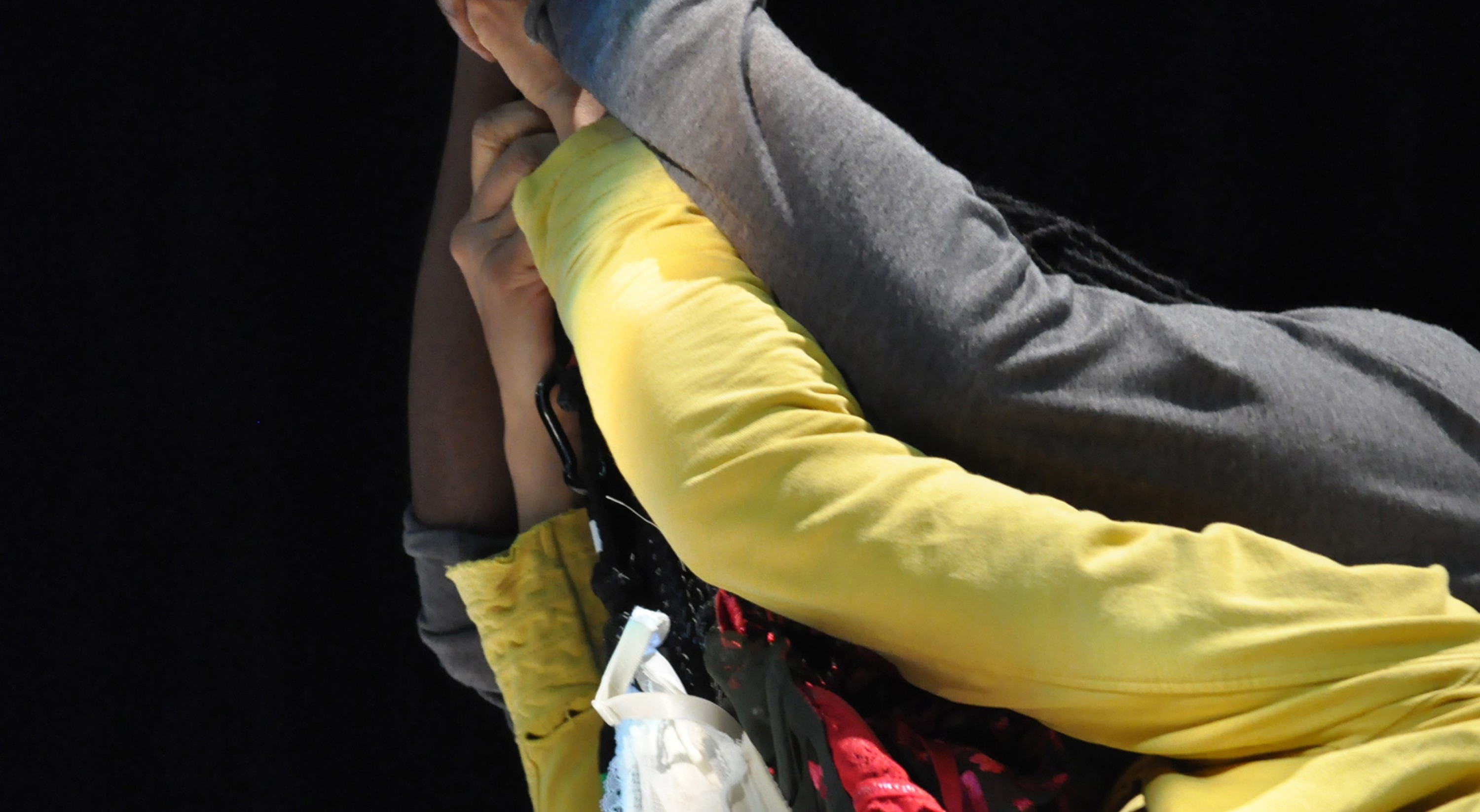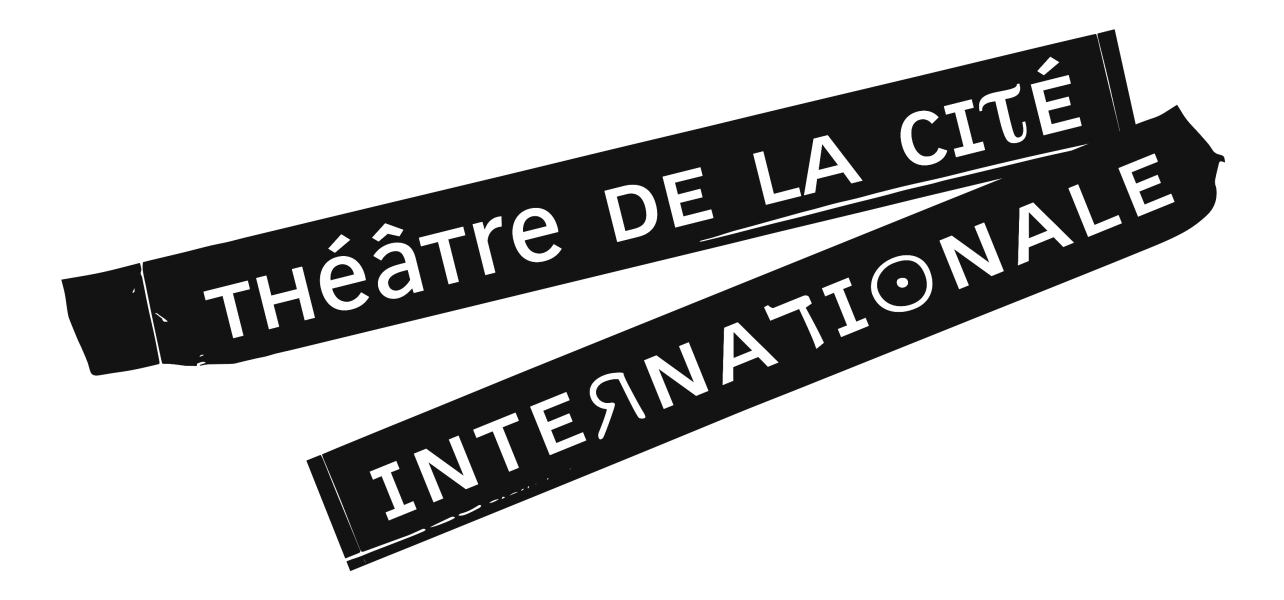Nadia Beugré
Legacy
septembersept 28 - october – oct 28
Choreography, Nadia Beugré
With Nadia Beugré, Hanna Hedman
live Music (balafons, batterie), Manou Gallo
Artistic advisor and sound manager, Boris Hennion
Lighting and stage design, Erik Houllier
Stage management and Assistant Lighting Designer, Anthony Merlaud
Associate producer, Latitudes Prod. // In coproduction with Centre Chorégraphique National de Roubaix ; Centre Chorégraphique National de Montpellier ; FUSED – French US Exchange in Dance ; Festival d’Automne à Paris ; La Bâtie – Festival de Genève ; théâtre Garonne – Scène européenne (Toulouse) ; BIT Teatergarasjen (Bergen) ; House on Fire, with support from the EU ; Festival d’Avignon – Sujets à vif / SACD ; Le Théâtre de Nîmes ; Fabrik Postdam (Germany) ; Le Parvis – Scène nationale de Tarbes-Pyrénées // In partnership with Théâtre de la Cité internationale ; Festival d’Automne à Paris // With support from DRAC Nord-Pas-de-Calais
First performance on 31 August 2015 at La Bâtie – Festival de Genève
Struggle, women, freedom: these three words alone are not enough but they still say something of Nadia Beugré, the Ivorian choreographer, and the path that she has been tirelessly forging. Quartiers libres (2012) and Legacy, her latest piece, are the living proof. In Quartiers libres, a breathless solo, Nadia Beugré, dressed in a sexy, lamé dress, takes over the stage with her characteristic raw energy. “Takes over” is the operative word here because the show revolves around a crucial question for African women and not just them: from which public arenas do we find ourselves being chased away from? Which streets do we dare not to cross? Which taboos do we need to break in order to exist fully in the world and our bodies? Ridding herself of her shiny dress, and the microphone wrapped around her throat like a snake, the dancer then invents new costumes that suit her far better, along with movements that are far less constrained, and ends up glistening and happy, dressed in a sort of plastic chrysalis... perhaps the promise of a renaissance. Legacy, on the other hand, is a group, heritage-based work: heritage in the sense of the Bassam march during which Ivorian women protesting for their husbands to be freed were severely beaten, heritage in the sense of Pokou, the Ghanian queen, legend of which has it that she sacrificed her own son in order to save her people, and heritage in the sense of all the women marchers that have risen up in order to make their voices heard. Nadia Beugré’s powerful, athletic and committed dance is evidently her own way of marching onwards, and demonstrating (herself).
See also
In the same place


